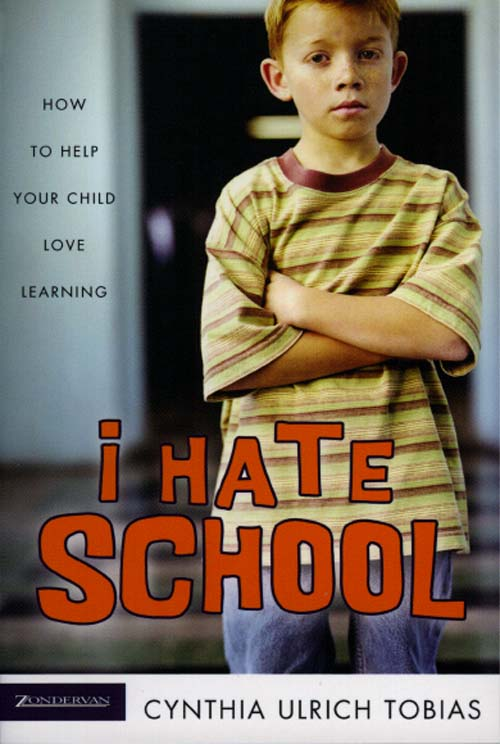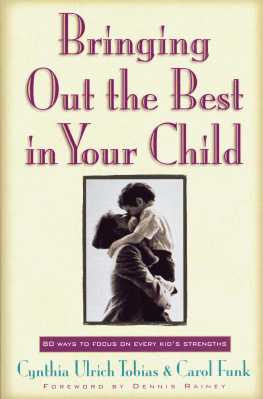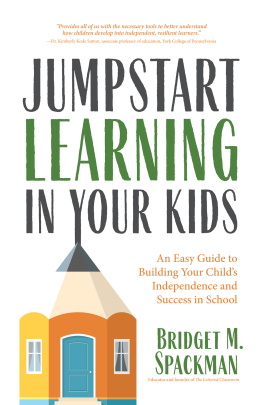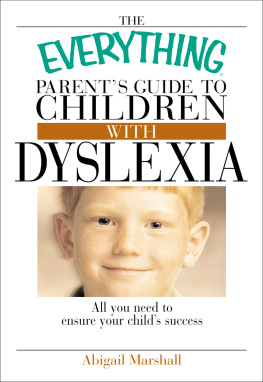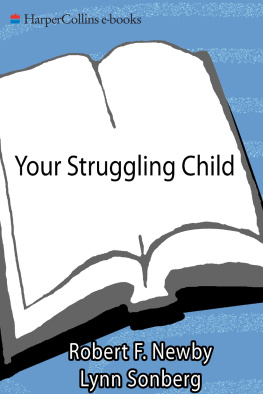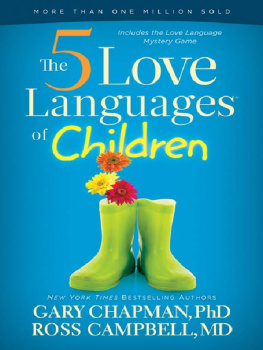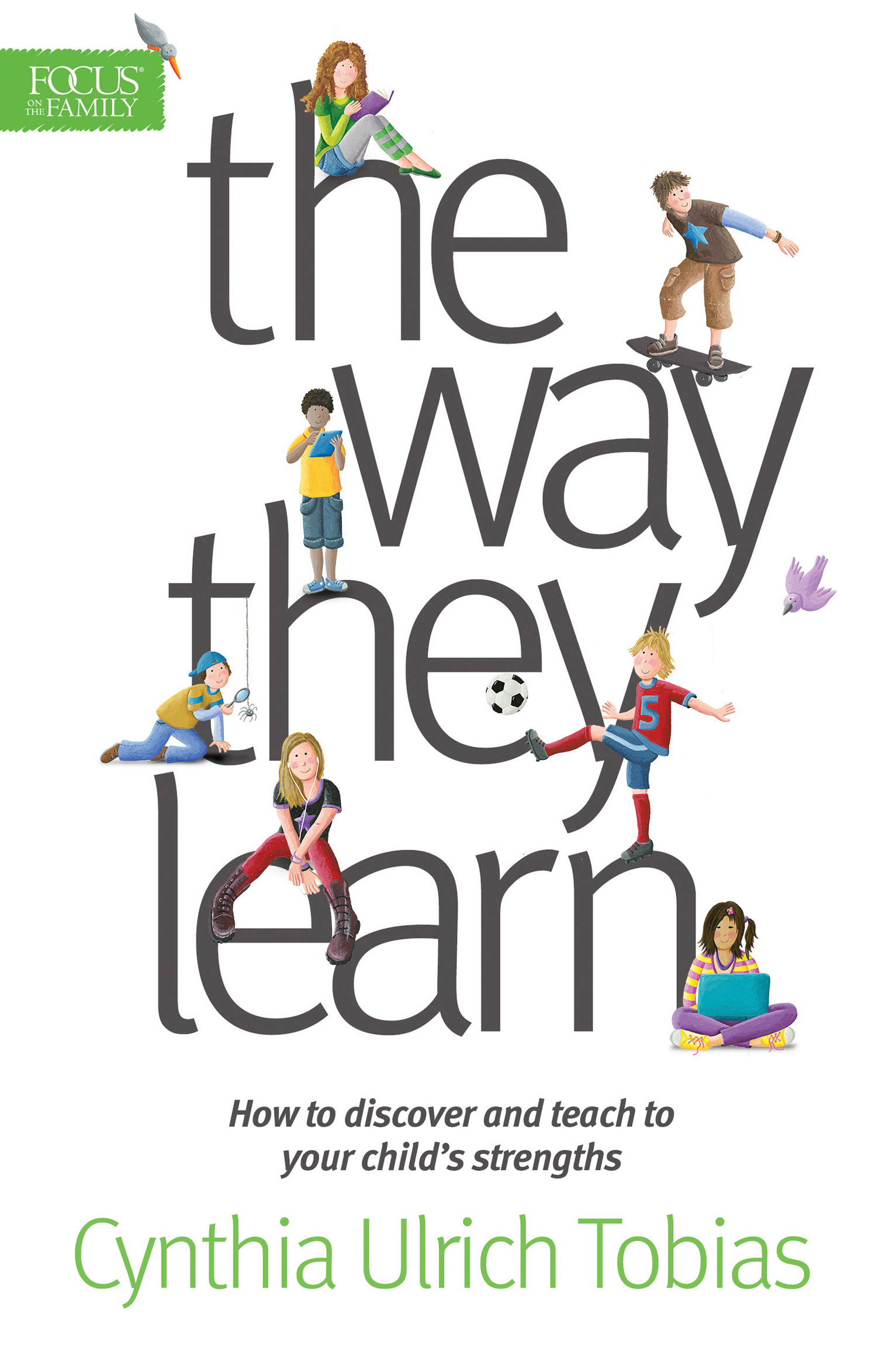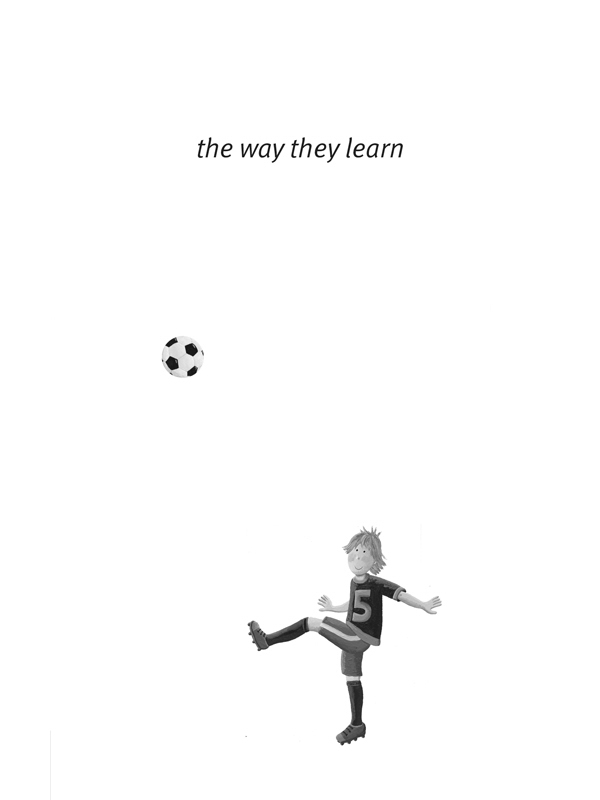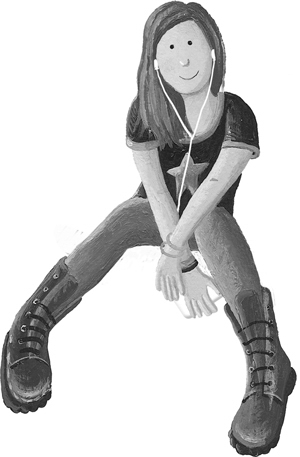The Way They Learn
1994 Cynthia Ulrich Tobias, M.Ed.
Illustrations 2013 Focus on the Family
A Focus on the Family book published by
Tyndale House Publishers, Inc., Carol Stream, Illinois 60188
Focus on the Family and the accompanying logo and design are federally registered trademarks of Focus on the Family, Colorado Springs, CO 80995.
TYNDALE and Tyndales quill logo are registered trademarks of Tyndale House Publishers, Inc.
The terms Concrete Sequential, Abstract Sequential, Abstract Random, and Concrete Random are used with the permission of Anthony F. Gregorc, PhD.
No part of this publication may be reproduced, stored in a retrieval system, or transmitted in any form or by any means electronic, mechanical, photocopy, recording, or otherwise without prior written permission of Focus on the Family.
The use of material from or references to various websites does not imply endorsement of those sites in their entirety. Availability of websites and pages is subject to change without notice.
Editor: Gwen Weising
Cover design by Stephen Vosloo
Cover and interior illustrations by Andrea Petrlik
Library of Congress Cataloging-in-Publication Data
Tobias, Cynthia Ulrich, 1953
The way they learn / Cynthia Ulrich Tobias.
p. cm.
Includes bibliographical references.
ISBN 978-56179-414-0
1. Learning. 2. cognitive styles in children. I. Title.
LB1060.T63 1993
370.1523 dc20
94-14104
CIP
ISBN 978-1-62405-213-2 (ePub); ISBN 978-1-62405-214-9 (Kindle); ISBN 978-1-62405-212-5 (Apple)
Build: 2021-04-21 22:38:18 EPUB 3.0
To my parents, Robert and Minnie Ulrich, who have always believed the best of me;
and my twin sons, Michael and Robert,
who daily remind me that there are truly no two alike!
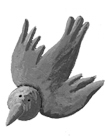
Acknowledgments
I would like to gratefully acknowledge my family, friends, and colleagues who keep me richly supplied with examples, anecdotes, and encouragement. I would also like to express appreciation to my editor, Gwen Weising, for her patience and wise guidance throughout this project. And I especially want to thank Dr. James Dobson and all the Focus on the Family staff. It is an organization that truly makes me feel as though Im home.
CHAPTER ONE
What Is a Learning Style?
Here comes the first one!
The atmosphere in the delivery room was charged with excitement and anticipation. It was a planned C-section, so I was fully awake to witness the arrival of our two sons that April afternoon.
The doctor held up a tiny red baby and whispered, Hes beautiful! Two minutes later, the doctor held up another baby.
He looks just like the first one! a nurse cried.
I recognized them both immediately. On arrival, each boy already seemed to exhibit many of the same behaviors he had demonstrated during the last several months in the womb. The boys and I had started the process of getting to know one another almost from conception, and now I was amazed to see how different these two identical babies were from each other. While it will take years to become familiar with each boys complex nature, their differences were evident from the very beginning.
Friends and acquaintances, gazing at the redheads, often ask How do you tell them apart? My standard reply: Just watch them for a minute youll know. If you listen to the way they speak to each other and to you, if you watch the way they interact with people and situations, you will have little doubt that these boys, who share the same birthday, are very much individuals.
When they were still very small, a favorite toy for the twins was a small workbench with hammer and pegs. Robert, our go-for-the-gusto son, took great pleasure in vigorously pounding the pegs. Michael, more analytic by nature, was fascinated by the fact that in the middle of the workbench was a hole just the right size for storing the hammer.
^ ^ ^
If you are a parent with more than one child, youve already discovered that even children growing up in very similar circumstances and environments can have dramatically dissimilar approaches to life. You begin to realize that people are fundamentally different. The individual bents that cause each person to be unique often bring an overwhelming challenge to parents. It is not enough to simply decide how children should be reared and then apply the same techniques to each child. Parents need to get to know their children, and no two will be the same!
Often, with the very best of intentions, we set out to chart the course and plan the events of our childrens lives according to what makes sense to us the way we did it. After all, we are living proof of what works! But what seldom occurs to us is that other people, perhaps even those in our own family, may view the world in an entirely different way than we do. It therefore stands to reason that when we try to teach or communicate with our children and others, they are not all going to benefit from the same approach.
If youre like many busy parents, you may become frustrated when you try to help your child follow directions, do homework, or review for a test. You may be convinced that your child simply isnt trying hard enough. The fact is, each of our children perceives the world differently from the way we do. Each child is a unique individual with his or her own natural strengths and preferences. These individual gifts or bents are called learning styles.
Although we accept and even cherish each childs uniqueness, its often difficult to work with the combined variations of all our children when were also trying to juggle family schedules and the many demands of school and work.
Knowing I was to be the mother of twins, I did a lot of reading. One article had an excellent suggestion for every parent. The writer suggested taking at least 15 minutes a day to spend alone with each child. It recommended you choose a safe and fun play area and then let your child show you how he or she prefers to play and interact with you. Short of absolute necessity, you should make no corrections, suggestions, or negative comments. Simply enjoy being with your child. Give as many positive comments as possible, and make some mental notes as to how your child prefers doing things. If you do this consistently with your children, you will be amazed to see how easy it is to identify their different learning styles!
Getting to know each of our children as individuals is an exhausting but rewarding proposition. The busier and more complicated our lives become, the harder it is to remember that each person in our family has a unique and valuable contribution to make from his or her own perspective.
It is my intention to help you discover these different perspectives and to aid you in developing quick, practical ways of helping your child adapt his or her inborn strengths to the varied demands of learning, both in school and throughout the rest of life.


